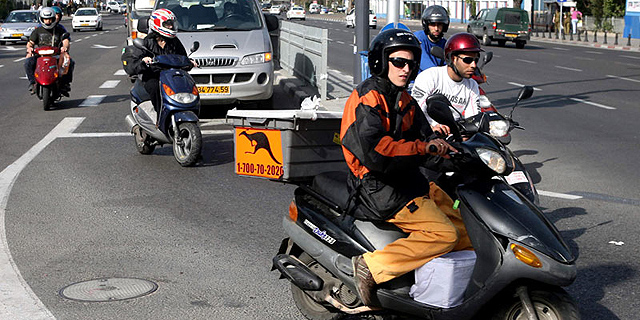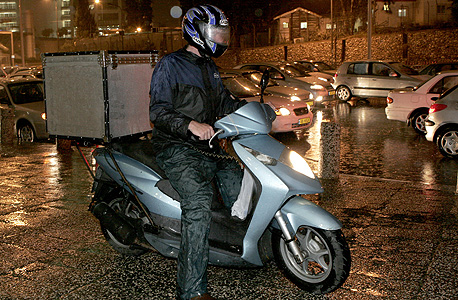
Study: Covid-19 Drove Demand for Food Delivery, Increased Cases of Online Fraud
The study found that online fraud in the restaurant sector increased by 32% during the coronavirus lockdown
Orna Yefet | 10:27, 03.06.20
The coronavirus (Covid-19) crisis expedited the shift to online shopping and with it the frequency of digital fraud. According to a new study by Forter, which specializes in e-commerce fraud prevention, the volume of online food transactions from restaurants increased by 134%, and online orders from food chains jumped 225%.
The study found that during the lockdown period, there was a significant increase in the opening of new accounts and a boost in new user transactions. Before the crisis, between 7% and 5% of transactions were conducted by new users, while after the crisis the number of transactions by new users jumped to between 20% and 25%. Another trend is a 674% increase in transaction appeals. The rapid increase in demand meant that suppliers in some cases couldn’t meet delivery times, and had to cancel transactions and refund clients through credit companies.
The study found that online fraud in the restaurant sector increased by 32%. According to Daniel Shakedi, a product manager at Forter's marketing department, it is still too early to know the full consequences of the coronavirus crisis since credit companies often take months to report a transaction as fraudulent. Behind the worrying statistic are several fraudulent methods and cyber threats including the hacking of user accounts, shipping fraud, or purchasing a restaurant gift card with a stolen credit card.
